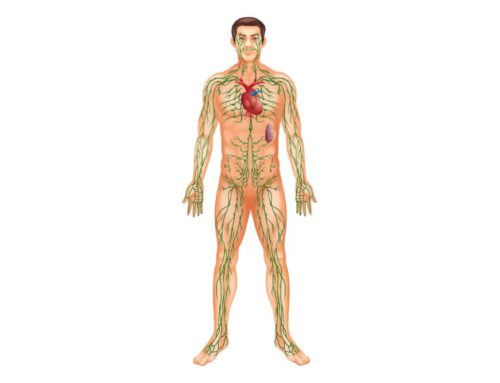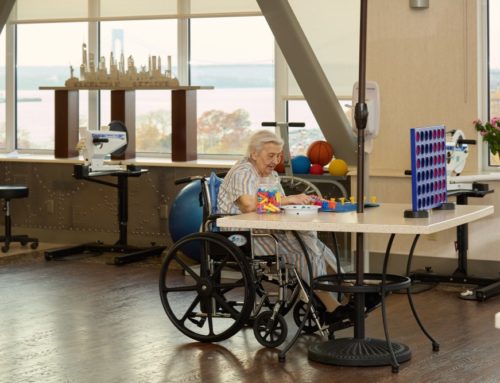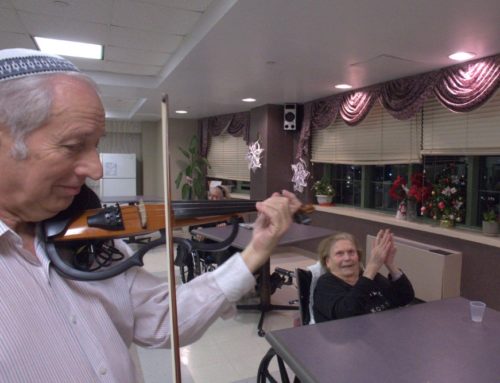Heart failure is a worrying condition in any individual, and particularly so when the person with heart failure is elderly.
A cardiovascular condition, heart failure, or HF, occurs when a person’s heart is not able to pump an adequate supply of blood through their body. The condition develops over time. As the heart gets weaker, either it cannot fill with enough blood or it cannot pump with adequate force.
Although heart failure sounds terrifying, the condition does not mean that the person’s heart has stopped. Rather, it is not working as well as it should. Because of this, heart failure in the elderly should be managed with cardiac rehabilitation to make sure that the person with the condition is as comfortable and as healthy as possible.

Here, we go over some of the symptoms and causes of heart failure and look at how best to manage this condition.
Heart Failure Symptoms
Among the most common symptoms of heart failure are:
- Laboured breathing and/or shortness of breath
- Wheezing and/or a chronic chough or coughing spells
- Fatigue and weakness
- An elevated heart rate
- Swelling, particularly on the feet, legs, and ankles
- Dizziness and/or feeling lightheaded
- Nausea
- Disorientation or confusion
- A lack of appetite
If a person is experiencing more than one of the above symptoms, they need to be evaluated by a medical professional.
Causes of Heart Failure
We all lose some of our blood-pumping ability as we age. But heart failure is caused by other health conditions and diseases that damage the heart. These include coronary artery disease, diabetes, high blood pressure, and heart attacks.
Lifestyle factors can also contribute to heart failure. Being overweight or obese, smoking, a diet high in fat and cholesterol, and a lack of exercise are all predisposing factors.
Persons with high blood pressure and high cholesterol levels should take steps to minimize the risk of getting heart failure.
Stages of Heart Failure
There is more than one type of heart failure – left-sided, right-sided, and congestive. Most people experience left-sided heart failure initially which then puts added pressure on the right side of the heart. This can then lead to right-sided heart failure.
Congestive heart failure occurs when excess blood and fluids congests tissues. This is called edema and it can it can also have an effect on the lungs and the kidneys.
Heart failure is a progressive and chronic condition. It is persistent and gets worse as time passes. At first, our hearts find ways to compensate for the impairment. But over time, the added stress on the heart muscle causes more damage.
Medical professionals classify HF and CHF into 4 stages. Late stage, or stage 4 CHF requires medical intervention to manage the condition.
Heart Failure and Life Expectancy
Heart failure is more common in people over 65. Because symptoms vary and the stage the condition reaches is heavily dependent on the health of the person, there is no set life expectancy.
Congestive heart failure in the elderly, or others, is not curable. A 2016 study showed that following a diagnosis of CHF, roughly 50% of the participants lived more than 5 years.
Haym Salomon Home
Tracking symptoms and heart health is very important for those who have been diagnosed with heart failure. Management of the condition not only ensures comfort but may also prolong life expectancy.
Haym Salomon Home has staff who are very experienced when it comes to managing CHF. If you have a loved one who is living with heart failure, get in touch with us today to find out how we can help.
This content comprises informative and educational resources only and can not be considered as a substitute for professional health or medical guidance. Reliance on any information provided in this article is solely at your own risk. If you have any inquiries or apprehensions about your medical condition or health goals, talk with a licensed physician or healthcare provider.






Leave A Comment